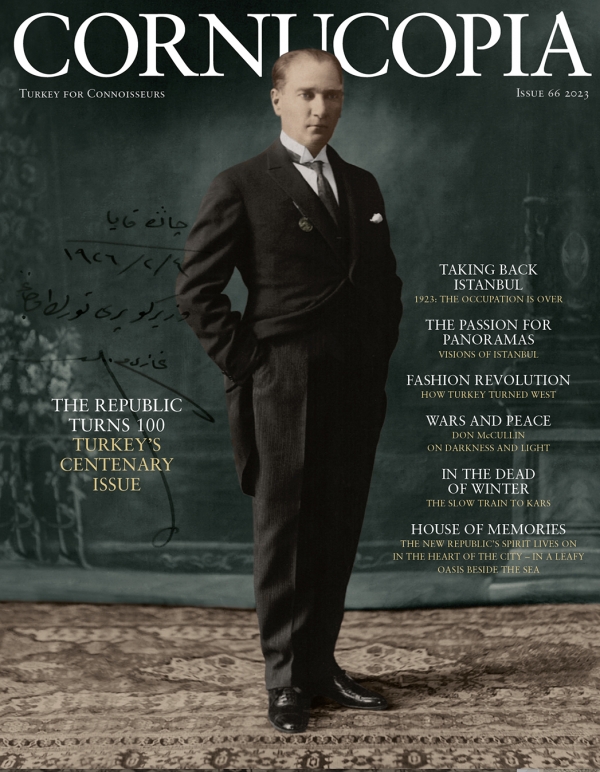Richard Wagner’s German-language opera The Flying Dutchman (‘Der fliegende Holländer’, 1843), in which both the libretto and the music are by the composer, is based on a satirical novel by Heinrich Heine. The ‘Flying Dutchman’ has been condemned to sail the seas forever on a ‘ghost ship’. Allowed to go ashore once every seven years, he will be rescued from his fate only by the true and faithful love of a woman. On one of these seven-yearly shore leaves, the ship brings him to a spot close to a village in Norway. There, he meets a man named Daland and stays the night in the house. He then discovers that this man has a daughter. Will her love for the Dutchman save him from his fate?
In his autobiography, Wagner claimed that he had been inspired to write this opera following a stormy sea crossing he made from Riga to London in 1839; during this trip, the ship had been forced to take refuge in the Norwegian fjords. His favourite themes of penance, redemption through love, death and escape from a cruel destiny are once again evident in this work, in which some have seen parallels between the main character’s psychology and that of the composer himself.
In this performance, directed by Sebastian Welker, the Istanbul State Opera and Ballet Orchestra will be conducted by İbrahim Yazıcı, and the chorus by Volkan Akkoç. The part of the Dutchman, meanwhile, will be sung by Murat Güney.
 Issue 66, December 2023
Turkey’s Centenary Issue
Issue 66, December 2023
Turkey’s Centenary Issue